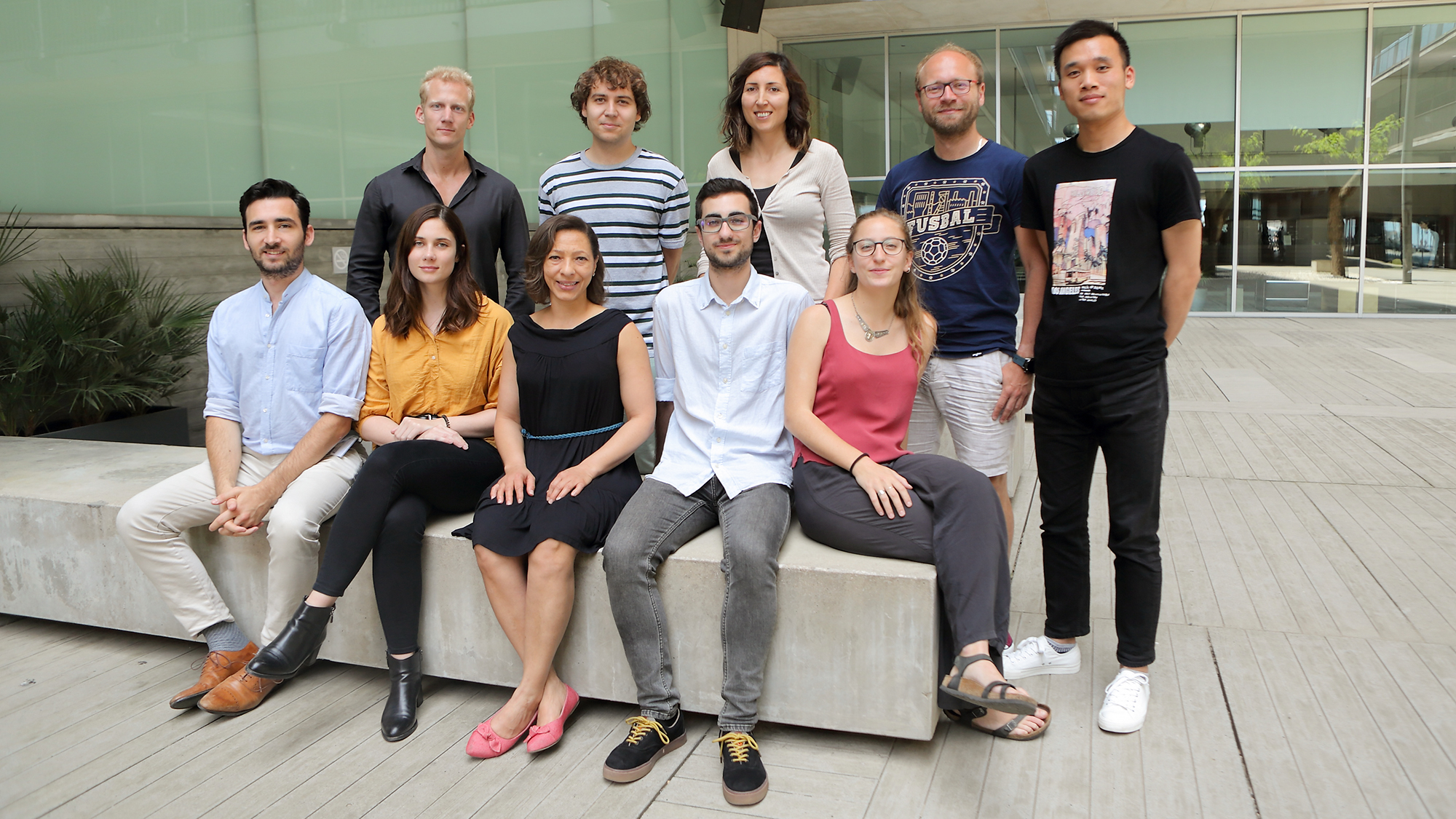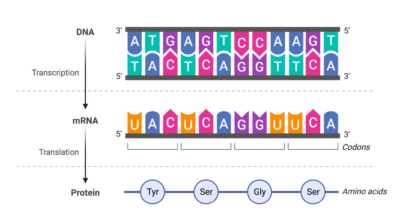After performing the most comprehensive evolutionary analysis of RNA modification proteins (RMP) to date, researchers led by Eva M. Novoa at the Centre for Genomic Regulation (CRG) have highlighted some genes as potential new therapeutic targets for cancer treatment and male infertility.
The scientists analysed these proteins in over 13,000 samples of human tumors as well as in 32 different tissues. They found that RMP expression hugely varies across different types of tissues, and different cancer types and cancer stages.
Genes that code for RMPs were particularly over-expressed in testicular tissue. The majority of RMPs were expressed at the earliest stages of sperm formation, but a few in more advanced stages, such as the proteins ADAD1 or NSUN7. Depletion of these proteins is known to cause infertility, and thus they could be used as future therapeutic targets for infertility.
On the other hand, 27% of all known human RMPs were dysregulated in cancers. HENMT1 and LAGE3 were the two most frequently over-expressed genes across a wide variety of cancer types. So they could become promising drug targets for anti-tumour therapies.
Nowadays, some cancer drugs, like the potential use of FTO inhibitors to treat glioblastomas, already target RNA modification machinery to treat tumours.
Begik et al. Integrative analyses of the RNA modification machinery reveal tissue – and cancer – specific signatures. Genome Biology (2020) 21:97. DOI: 10.1186/s13059-020-02009-z






